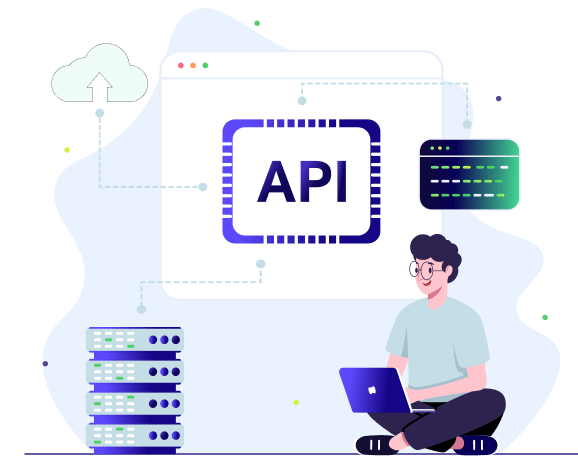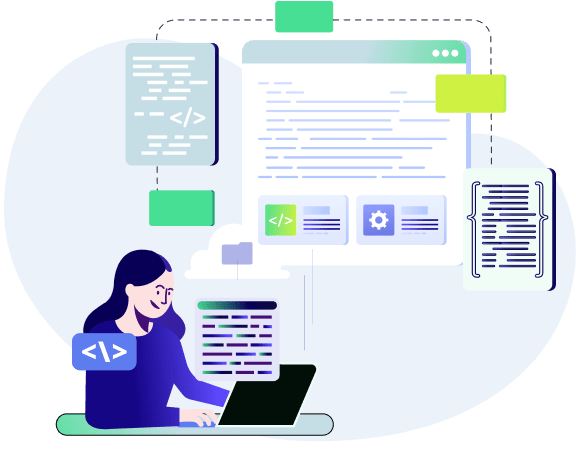Neobank’s Journey to 90% Test Coverage: A Qyrus Case Study
The client is a London-based, consumer-facing fintech company founded in 2016, providing its customers with free digital-only accounts for personal finances.
The neobank startup set out with the goal to revolutionize social banking and make it as frictionless as possible through innovative products and enjoyable customer experiences. This is a case study of how the said challenger Neobank achieved this feat, more so on a tight budget.
The problem
The hero of this case study, the challenger bank, was keen on automating their mobile testing for Payments, Split Transactions, Settlements, User onboarding, and User experience with a small testing budget. That meant the bank was burdened with several testing problems, including:
1. Insufficient QA testers
The neobank had 4 manual testers for testing payments, and other software modules, given their low revenue and budget constraints. This meant that their software testing efforts took additional time and effort, wasting both time and resources.
2. Inefficient QA testing
In addition to having a small number of testers, the bank was carrying out all its software testing efforts manually. This meant that the testing was prone to errors and cost several more employee hours.
3. High testing costs
Perhaps most significantly, the bank wanted to test multiple client-facing applications across web, mobile, and business processes but did not have the budget to cover the costs. Had they not scaled up their testing rapidly, they would have faced multiple dissatisfied customers. This is precisely why they turned to Qyrus for help.
The solution
After thoroughly screening multiple automation platforms on various critical parameters, the company selected Qyrus, the intelligent, codeless automation platform for Mobile and API licenses as well as devices on the Device Farm for both Android and iOS.
The challenger bank transformed its software testing for payments and other modules by training its QA testers to operate the Qyrus test automation platform for 3 weeks. With testers proficient with the platform and having a 9.5/10 comfort level using the tool, the bank moved on to improve its testing processes. Here’s how Qyrus helped with it.
1. Expanded test coverage
Qyrus expanded the bank’s testing process and started off with 100+ Android and 200+ iOS tests built within the first few months, with an average test build time of 10 minutes. Besides that, Qyrus also scaled mobile and business process testing to increase instances, browsers, and devices, including 5 end-to-end business process tests. This made for a comprehensive testing system. In fact, the Neobank further expanded coverage by creating over 706+ Android tests and 716+ iOS tests with an average execution time of 5 minutes.
2. Fastracked testing
Through its AI-enabled plugin, Qyrus helped the bank startup deploy automated tests right after development, reducing the time spent on manually building and deploying tests. For perspective, the bank observed a 50% decrease in test build time through cloning (8 minutes per script) and close to a 5-minute execution time.
Furthermore, given the reports were uploaded directly onto the pipeline, Qyrus simplified reporting as well. Thanks to this, the challenger bank could validate end-to-end functionality in less than 2 hours post-release, allowing for quicker error resolution.
3. Improved testing practices
With Qyrus, the challenger bank enabled data-driven testing through parameterization for the first time. They not only optimized organization and maintenance through Qyrus action types but also helped testers automate tests effortlessly. For instance, the bank’s testers developed 8 automated tests that would get triggered and executed immediately after the build.
The Impact
This case study is a timely example of how neobanks can successfully validate the functionality of its software applications with Qyrus, no matter their budget constraints. For the social banking startup, in this case study, the subscription with Qyrus translated to:
| ~50% decrease in test build time through cloning |
| 1500 total executions |
| Zero bugs leaked into QA & production |
In 10 weeks of subscribing to Qyrus, the Neobank startup, achieved 90% test coverage across mobile, APIs, and end-to-end scenarios using two resources. Besides that, the bank successfully managed to scale its testing efforts across various platforms, despite its budget, and offer its customers a high-quality social banking experience.





